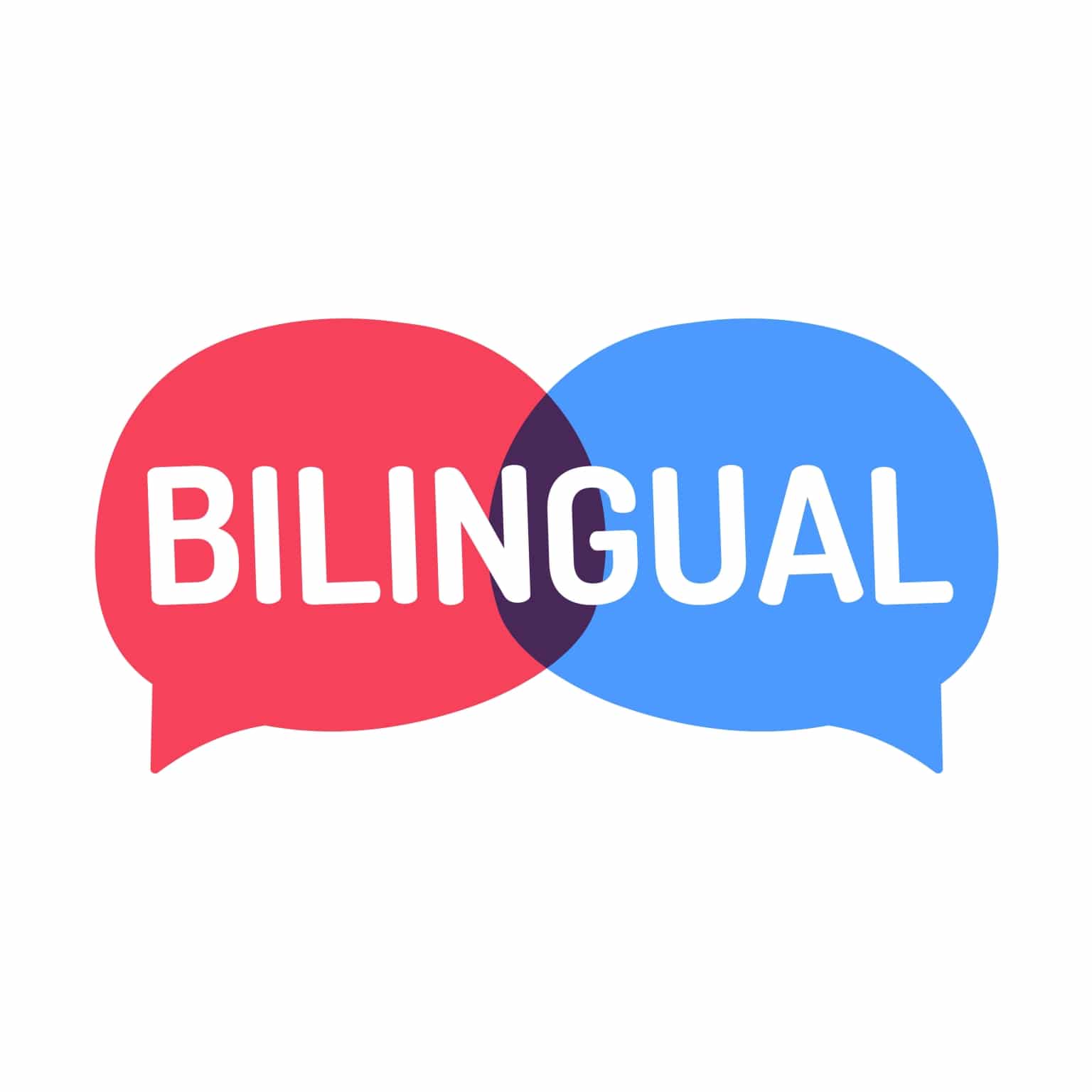

The video indexes a strong relationship between an American identity and English ability by using many flags, referencing the U.S. Spanish speakers earn 20 percent less than the monolingual English speakers overall, but other variables the same, have statistically significant seven percent lower earnings. It clearly showcases many examples of languages ideologies and subtle racism. Family Background, Mexican Americans, Monolingualism, Self Concept. For example, in a model government boarding. Mexican American Students with Monolingual Mexican American Students.

Journal of Educational Issues of Language Minority Students, 14, 23-42. One can see this 'monolingual' attitude in the American government's historical treatment of Native Americans. Those who speak certain Western European and East Asian languages and Hebrew earn significantly more than monolingual English speakers. In North America, the norm of language usage in the colonies remained that of the motherland until approximately the time of the American Revolutionary War (. Age of dementia diagnosis in community dwelling bilingual and monolingual Hispanic Americans Deborah M. Bilingual education policy and the empowerment of American Indian communities (1). Those who speak Native American languages, Pennsylvania Dutch and Yiddish have very low earnings, likely because they live in isolated geographic or cultural enclaves. This difference is problematic for a number of reasons, especially on the 40 Acres, where we like to think that what starts here, changes the. In fact, only about 15-20 percent of Americans consider themselves bilingual, compared to 56 percent of Europeans surveyed in 2006 by the European Commission. Other variables the same, bilinguals earn 4.7 percent less than monolingual English speakers, but the earnings differential varies sharply by the language spoken. The United States is largely monolingual. Most of the native born bilinguals report speaking English "very well" (85 percent), with most of the others speaking it "well" (10 percent). Native born bilingualism is rare only 6.5 percent report a non-English language, and of those 71 percent report Spanish. Bilingualism among the native born is defined as speaking a language at home other than or in addition to English. This paper uses the pooled data from the 2005-2009 American Community Survey to analyze the economic benefits of bilingualism to adult men born in the United States.


 0 kommentar(er)
0 kommentar(er)
